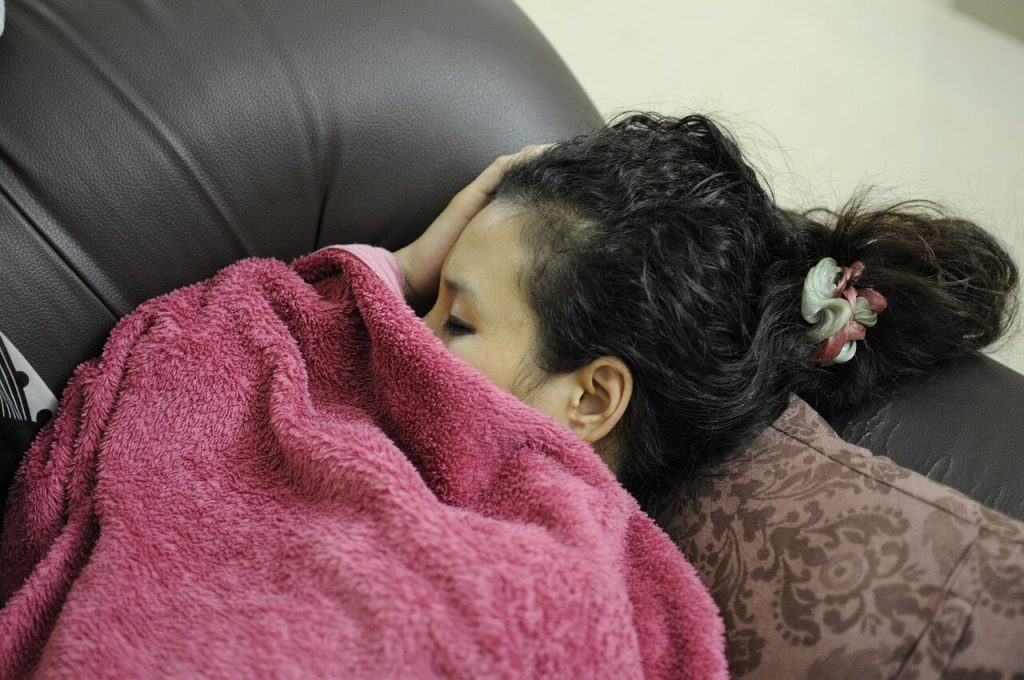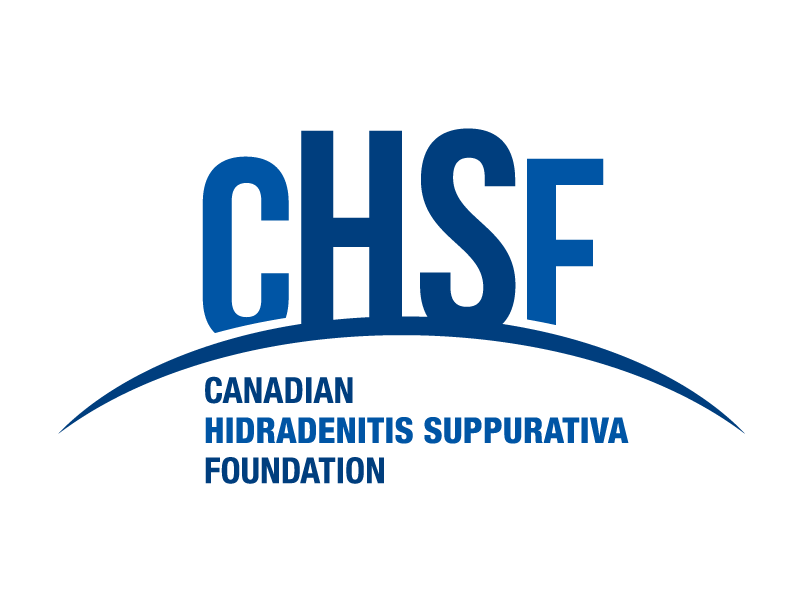Living with Hidradenitis Suppurativa (HS) is a daily challenge that requires patients to navigate the various physical and emotional demands imposed by such chronic inflammatory skin diseases. As advocates for those living with HS, we understand that comprehensive disease management goes beyond medical treatment options and procedures; it must encompass all dimensions of an individual’s well-being. Emphasizing the importance of a healthy diet and lifestyle in managing Hidradenitis Suppurativa. is imperative to ensure that patients have the knowledge and tools to optimize their overall health, control their symptoms, and enhance their quality of life.
Recognizing the integral role of diet, exercise, stress management, weight loss, and sleep in maintaining overall health, we are committed to shedding light on various lifestyle adjustments that can support those living with HS. By exploring the complex interplay between these crucial factors and the chronic skin condition, we aim to empower Hidradenitis Suppurativa patients to proactively make informed choices that can profoundly impact their emotional and physical well-being.
Join us for this deep dive into the crucial role of diet and lifestyle in managing Hidradenitis Suppurativa. We will provide evidence-based strategies for optimizing nutrition, exercise, stress management, and sleep quality to empower HS patients to take control of their health and well-being.
Anti-inflammatory Diet
While no specific diet has been proven to cure HS, consuming a diet rich in anti-inflammatory foods can help reduce inflammation and alleviate symptoms. To support optimal health, incorporate fruits, vegetables, whole grains, lean proteins, and healthy fats (omega-3 fatty acids) into your daily meals.
Foods to Avoid
Some HS patients may experience flare-ups after consuming particular foods. Common triggers may include dairy, sugar, and processed foods. Pay close attention to your body’s reactions to these foods and try eliminating potential triggers one at a time to determine their effect on your symptoms.
Staying Physically Active with Hidradenitis Suppurativa.

1. Consult with Your Healthcare Provider
Before starting any exercise regimen, it’s essential to consult with your healthcare provider to ensure you choose appropriate activities that won’t exacerbate your HS symptoms. They can help you develop a tailored exercise plan that accommodates your unique needs and fitness goals.
2. Low-impact Exercise
Engaging in low-impact, non-irritating exercises such as swimming, yoga, or light cycling can provide numerous health benefits for HS patients without putting undue stress on the skin.
Managing Stress for Better HS Outcomes
1. Identifying Stress Triggers
Stress can contribute to HS flare-ups, so it’s vital to pinpoint your stress triggers and develop coping strategies to minimize their impact on your life. Keep a journal to help identify patterns and recognize your personal stress triggers.
2. Stress Reduction Techniques
Incorporate stress reduction techniques into your daily routine to promote relaxation and mental well-being. Meditation, deep breathing exercises, and progressive muscle relaxation are all excellent ways to manage stress and potentially minimize HS flare-ups.
Prioritizing Sleep to Improve HS Symptoms

1. Establish a Consistent Sleep Schedule
Maintaining a regular sleep schedule by going to bed and waking up at the same time each day can significantly improve sleep quality and consistency, contributing to the overall improvement of Hidradenitis Suppurativa symptoms.
2. Create a Sleep-friendly Environment
Ensure your sleep environment is comfortable, quiet, and dark to promote restful slumber. Limit exposure to screens before bedtime, as the blue light emitted by devices can interfere with your sleep cycle.
Nutritional Supplementation for Hidradenitis Suppurativa Management
1. Importance of Micronutrients
In addition to emphasizing an anti-inflammatory diet, incorporating specific micronutrients into your diet may further support HS management. Certain vitamins and minerals, such as vitamin D, zinc, and omega-3 fatty acids, have shown promise in reducing inflammation and supporting skin health.
2. Consideration of Herbal Supplements
Some herbal supplements, such as turmeric, green tea extract, and evening primrose oil, are believed to possess anti-inflammatory properties that may complement traditional HS treatments. However, it’s crucial to consult with a healthcare provider before incorporating herbal supplements into your regimen to ensure safety and efficacy.
Social Support and Community Engagement
1. Importance of Peer Support
Living with Hidradenitis Suppurativa can be isolating, but connecting with others who understand your experience can provide invaluable support and encouragement. Joining support groups or online communities dedicated to HS allows individuals to share experiences, exchange coping strategies, and foster a sense of belonging.
2. Advocacy and Awareness Efforts
Engaging in advocacy and awareness initiatives raises public understanding of Hidradenitis Suppurativa. and empowers individuals to advocate for better access to care, research funding, and support services. By amplifying the voices of those affected by HS, we can work towards reducing stigma and improving outcomes for the entire community.
Exploring Complementary Therapies
1. Potential Benefits of Complementary Therapies
In addition to conventional medical treatments, some individuals may find relief from HS symptoms through complementary therapies such as acupuncture, aromatherapy, or hydrotherapy. While more research is needed to determine their effectiveness, these holistic approaches offer alternative avenues for symptom management.
2. Integration into Treatment Plans
When considering complementary therapies, it’s essential to integrate them into a comprehensive treatment plan in collaboration with healthcare providers. Open communication and informed decision-making ensure that complementary therapies complement rather than replace conventional treatments, maximizing their potential benefits.
Taking Control of HS through Diet and Lifestyle Modifications
Managing Hidradenitis Suppurativa is a complex and ongoing journey that requires a multifaceted approach to optimize overall health and well-being. By recognizing the crucial role of diet, weight loss, stress management, and sleep in HS management, patients can develop a comprehensive, tailored plan to control their symptoms more effectively.
We encourage HS patients to explore these lifestyle modifications and engage with their healthcare team to develop a plan that best fits their needs. With commitment and support, taking control of HS and improving your overall quality of life is possible. Contact us for HS support in Canada.
